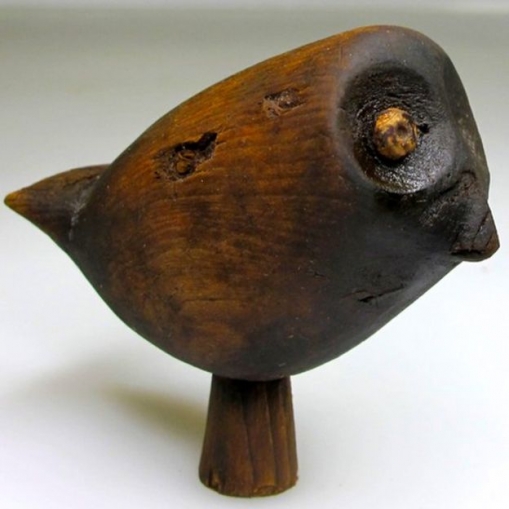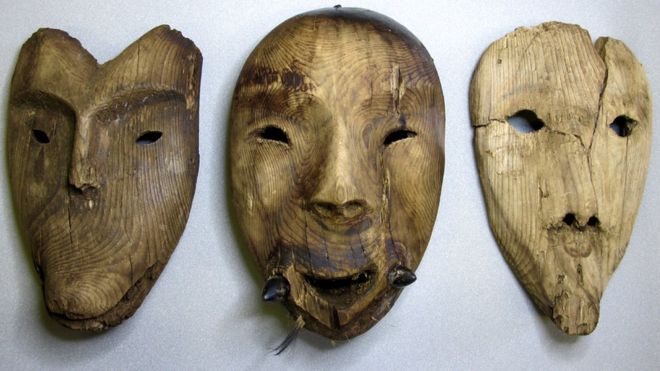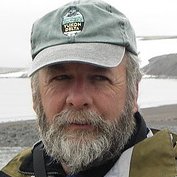Scottish archaeologists save 50,000 frozen Alaskan artefacts with aim to return them to their Nunalleq homeland
Archaeologists at the University of Aberdeen in Scotland are to return more than 50,000 artefacts rescued from the archaeological site of Nunalleq on the southwest coast of Alaska. The objects, which had been frozen in time, were everyday things that the indigenous Yupik people used to survive and created. They began to emerge as temperatures continue to rise. The team from Aberdeen has spent more than seven years recovering and preserving the objects at Nunalleq in a race against time. As pointed out in the April 2017 issue of National Geographic magazine the heritage of the area is at risk as: 'the effects of global climate change threaten hundreds of sites that hold clues to Alaska’s past. Permafrost once protected fragile artifacts from rot and mold, but warmer temperatures are now causing more and more of the icy ground to thaw in the southern part of the state. At the same time, seas are rising and winter storms are raging, putting sites all along the coast in danger.'
The lead archaeologist Dr Rick Knecht, who is based at the University of Aberdeen, described the collection as offering a unique insight into the indigenous people of Alaska. He said: "The unique conditions in this arctic region mean artefacts have retained an unbelievable level of detail". Objects found include typical eating utensils, wooden ritual masks, ivory tattoo needles, and a belt of caribou teeth. The objects are remarkably well preserved, having been frozen in the ground since about 1660. Dr Knecht said: "We have uncovered grass baskets and mats made when Shakespeare walked the earth but when we take them out of the ground the grass weaving still retains a trace of its green colour and we have been amazed by the variety and intricacy of the woven patterns."
More than 50,000 items were transported to the University of Aberdeen for preservation as it had not been possible to conduct conservation work on the site. It has been described as one of the largest collections ever recovered from a single site in Alaska, and possibly the whole Arctic region. However, the aim had always been to return them to where they belong. This will become possible later this year with the opening of the new Nunalleq Culture and Archaeology Research Centre. Dr Knecht said: "It is important their stories are told and we are delighted to be working with the Nunalleq community to ensure that these vital artefacts related to their lives can be shared in the place they belong."
Images from University of Aberdeen: Owl figurine with ivory eyes. Wooden masks discovered at Nunalleq.
Picture: Rick Knecht, Senior Lecturer in Archaeology, University of Aberdeen, Scotland








